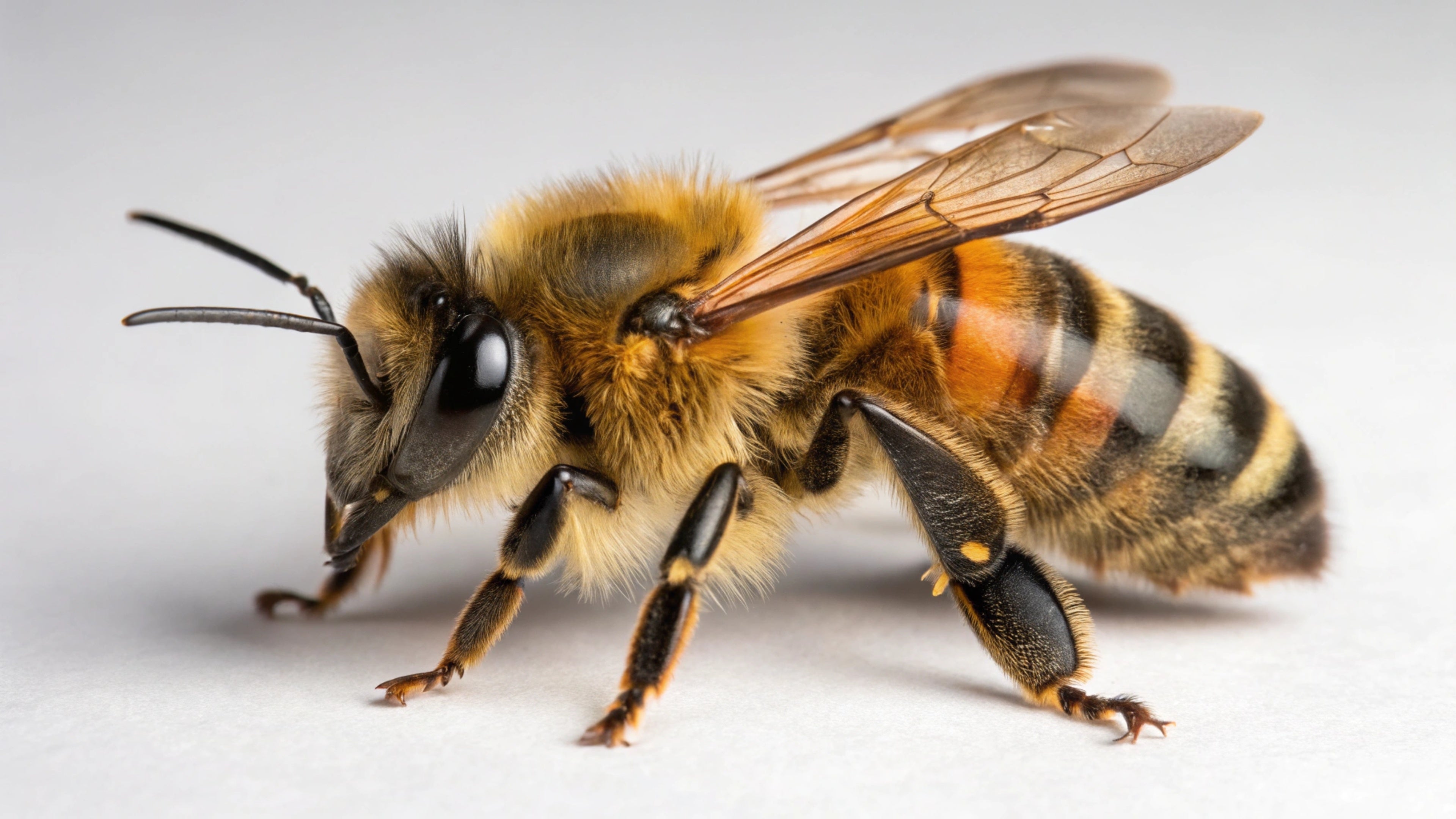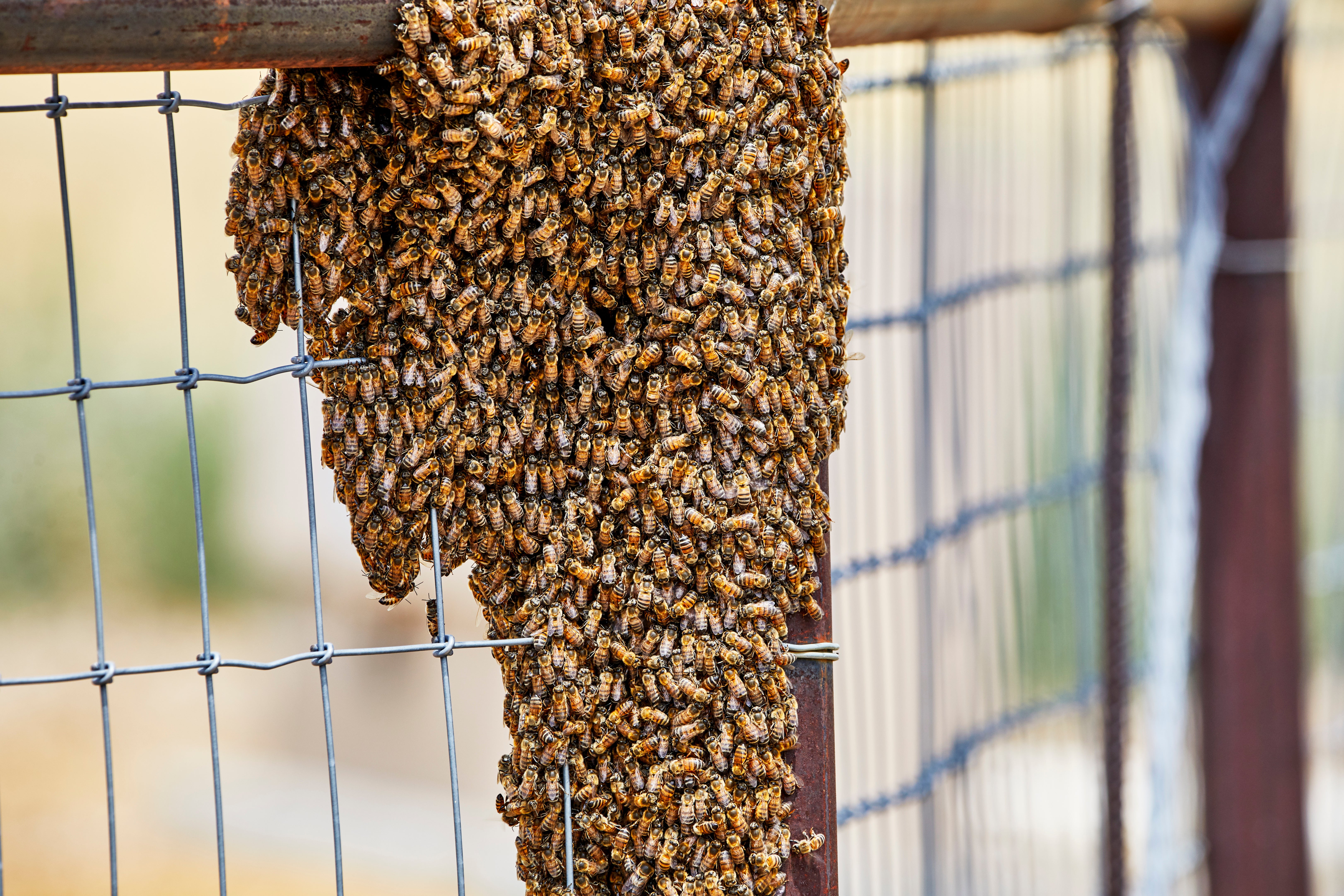Africanized honey bees, infamously known as “killer bees,” are rapidly spreading across the United States, having already been confirmed in 13 states from California and Arizona to Florida, Georgia, and as far east as Alabama.
These aggressive hybrids, originally bred in South America from East African and European honeybees, have been steadily migrating northward, fueled by climate change.
Unlike their European cousins, Africanized bees are highly defensive, capable of launching massive swarm attacks and delivering thousands of stings within minutes. They’ve even been reported to chase victims for nearly a mile, sometimes following cars and trucks, and are even capable of stinging through standard beekeeping suits.
The situation has turned deadly in recent months. A swarm killed a 75-year-old Texas man mowing his lawn last year, while other attacks have hospitalized people, pets, and animals, including horses.
In 2022, a 20-year-old Ohio man was stung 20,000 times while trimming tree branches and survived only after doctors placed him in a medically induced coma.

South Florida is a major hotspot for killer bees, reporting the densest populations and the highest number of incidents in the last quarter. Africanized bees have been found in Alabama, Georgia, Louisiana, and Mississippi, but they have a harder time surviving these wetter climates.
Experts warn that rising temperatures could push Africanized bees further north, especially in the western U.S., putting millions more Americans at risk by 2050.
“By 2050 or so, with increasing temperatures, we're going to see northward movement, mostly in the western half of the country,” Dr. Juliana Rangel, a bee expert in Texas who has been chased by the bees herself, told the Daily Mail.

Experts also say that when disturbed by lawn equipment, loud noises, or even pedestrians, these bees will swarm in overwhelming numbers and continue striking long after most other bees would retreat .
If you encounter a swarm, run away from the area immediately, cover your face, and seek shelter in a building or vehicle, as the bees usually remain outdoors.
Although dangerous, Africanized bees are also more disease-resistant than European honey bees, prompting some researchers to explore whether their resilience might benefit broader pollination efforts.

 4 hours ago
1
4 hours ago
1









